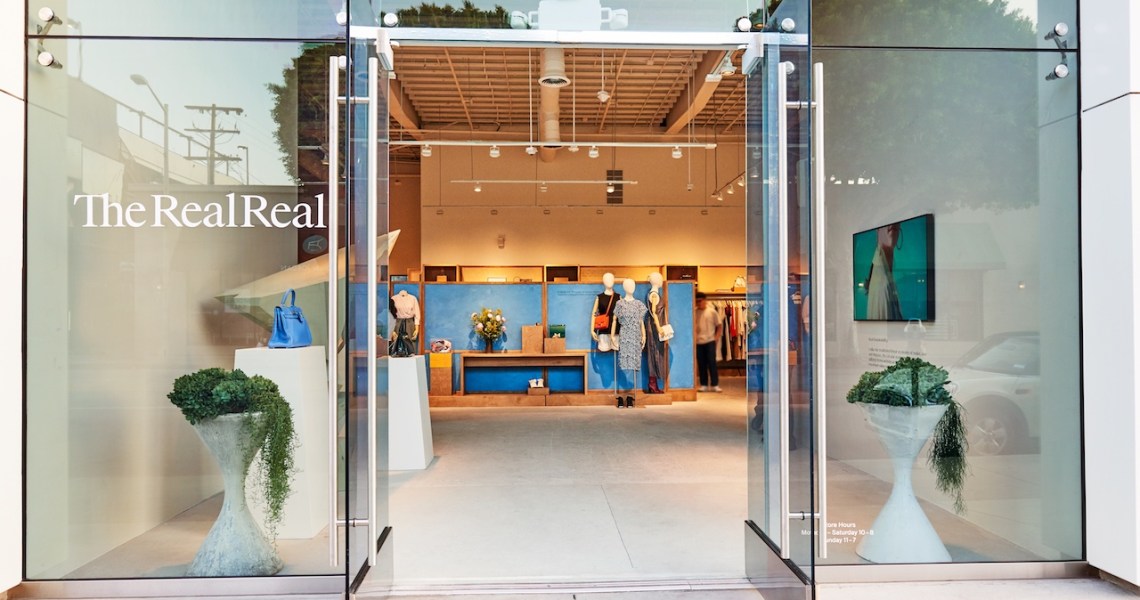If 2021 was the year of dozens of brands launching their own resale programs, then 2022 was the year of consolidation in the resale space.
The Parisian resale platform Vestiaire Collective bought the American company Tradesy in March, Singapore-based peer-to-peer resale company Carousell bought the “online thrift store” Refash in May, and sneaker reseller Goat bought its competitor Grailed in October. All of these acquisitions followed Etsy buying Depop in late 2021. Also in October, the South Korean internet conglomerate Naver Corp. bought Poshmark for $1.2 billion.
That’s not to mention all the funding that resale companies like Vivrelle, Treet, Reflaunt, Plum and Tradeblock received last year, at almost $200 million between the five of them. Big companies with a lot of money to throw around are taking an interest in the resale space, with Kering and SoftBank among those pouring funding into different resale companies.
But as we head into 2023, there’s reason to think all of this money may pose a problem for resale.
On the one hand, interest from investors is inspiring many new companies to enter the resale market. In addition to the dozens of brands that have launched their own resale programs, new third-party platforms and resale-as-a-service companies like Treet, have made the space crowded. That’s forced smaller resale companies to be a lot more strategic in how they gain new customers.
“Ad space is a lot more expensive on Meta,” said Lacey Nakashima, head of growth at 1-year-old digital resale platform called Queenly specializing in women’s formalwear. “It’s become a lot harder for us to find the customers that we’re looking for, so we’ve been trying to find other ways to advertise. We’re trying TikTok and Instagram Reels. Ultimately, we’re trying to get new people on Queenly without having to pay for them.”
The other issue is profitability. A big funding round is a double-edged sword these days. While in years past, VC investors were comfortable waiting years for their investments to turn a profit, the landscape has changed. Higher interest rates and a more uncertain economy mean those investors want to see profits sooner rather than later.
This has led even big companies like The RealReal to feel the pressure. After initially predicting it would become profitable in 2024, the company changed its strategy in November, saying it would shake up its commission structure to charge more for low-cost transactions in an effort to become profitable sooner.
In the company’s third-quarter earnings call, interim co-CEO Rati Sahi Levesque said The RealReal would also rethink categories that are unprofitable like home goods. A caller asked her bluntly why, if the categories were unproductive, they were even sold in the first place. Her answer shows how the company’s priorities have shifted.
“We always talk about how it was a little bit of ‘growth at all costs,’” Levesque said on the call in November. “And we’re really looking at everything with fresh eyes and really taking a look at the unprofitable categories, in general. So it’s not just categories; the direct business was another piece of it. Items under a certain price point weren’t profitable, as well. So it was really to bring in the product and to grow.”
On a positive note for resale, inflation will likely continue to drive more price-conscious consumers to buy secondhand as it has throughout 2022. But as resale continues to be a lucrative sector in 2023, the twin challenges of an overcrowded market and the growing expectation for profitability will be difficult to overcome.




